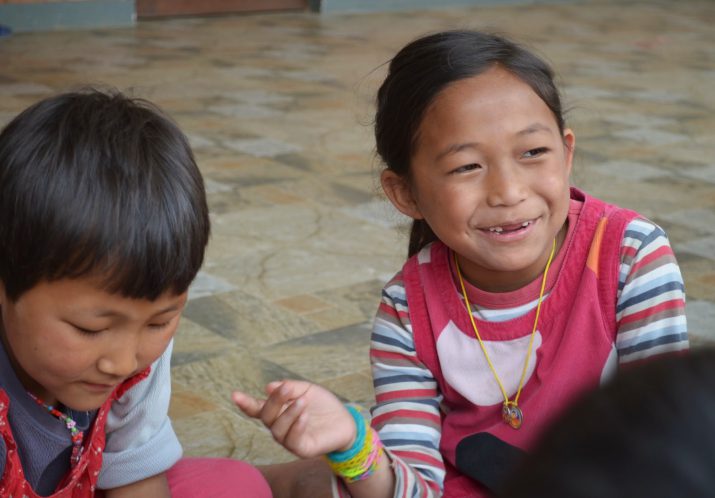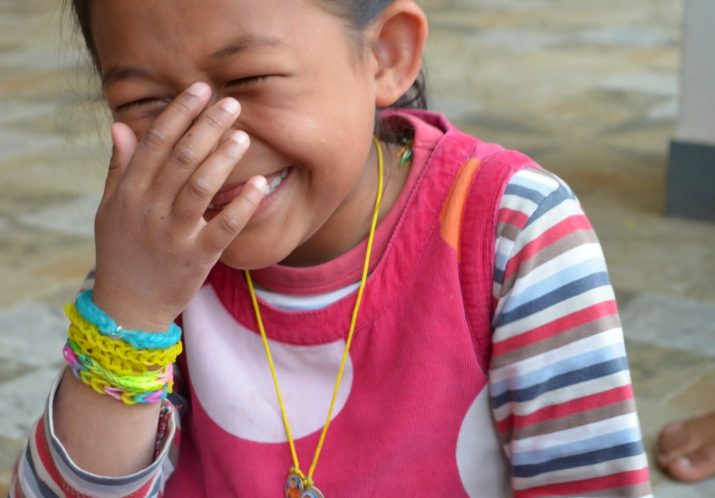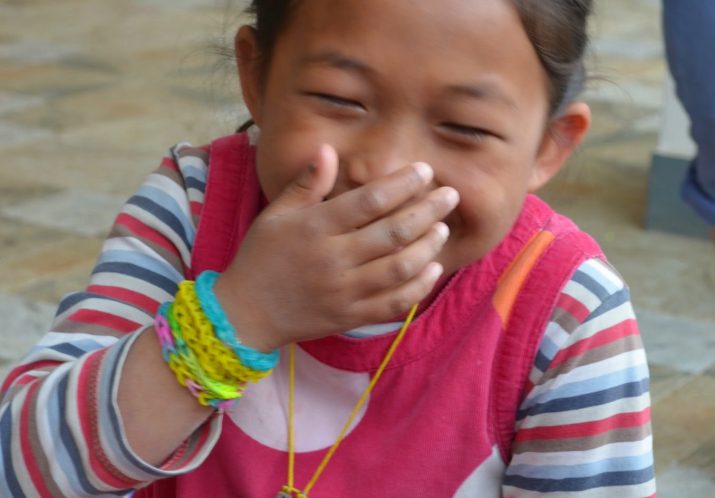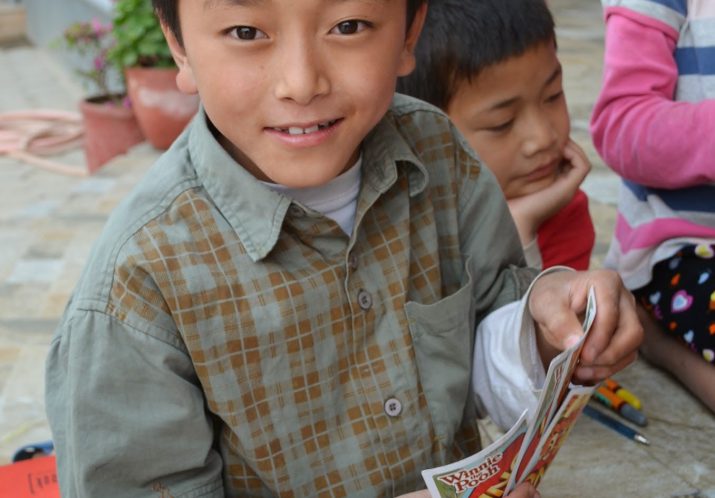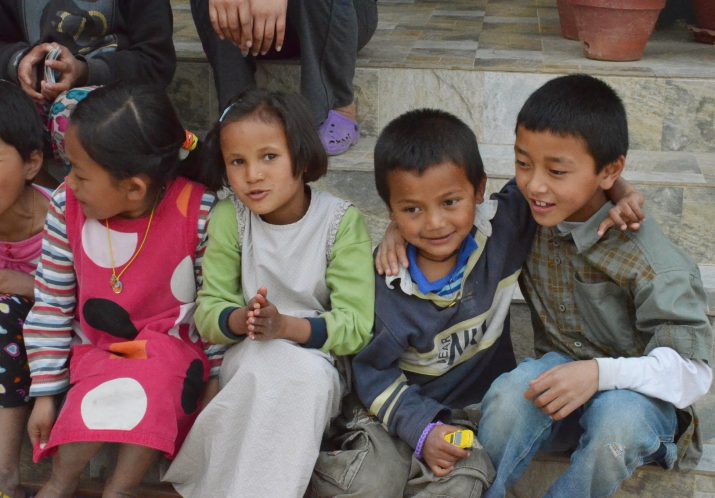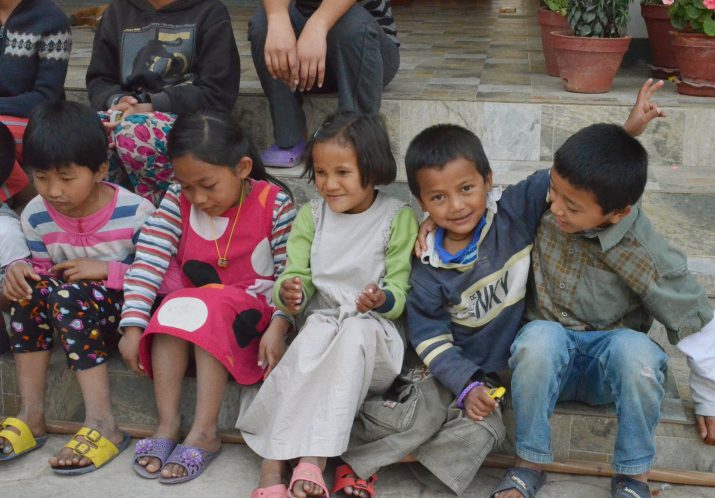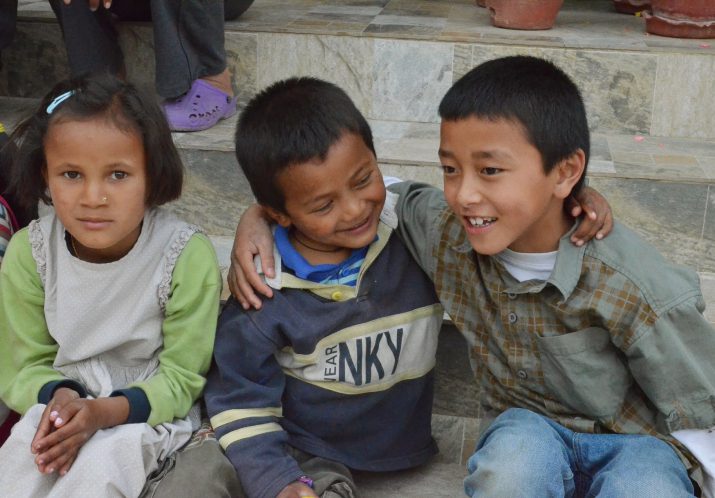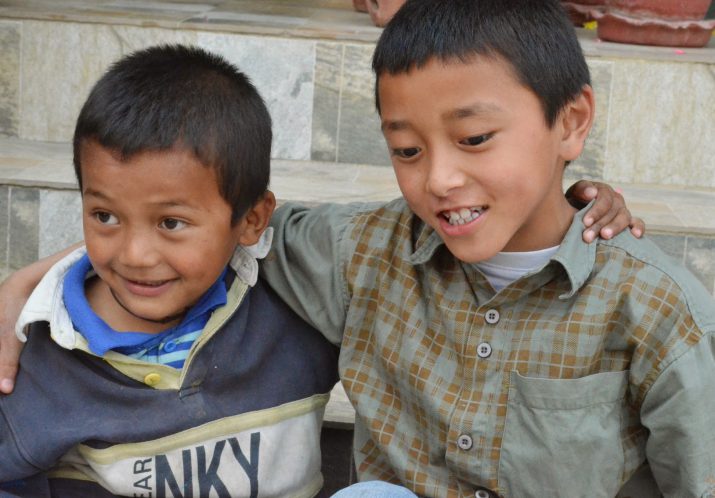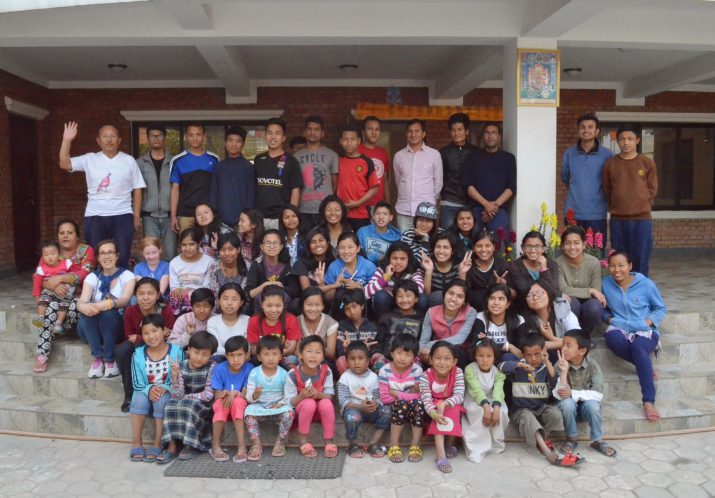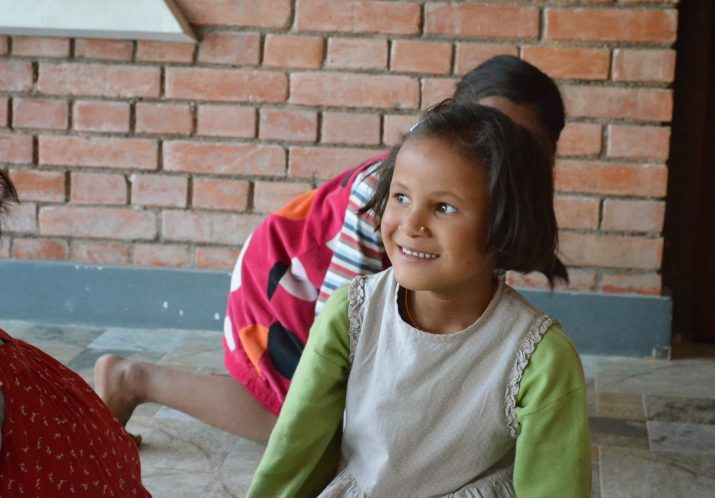Because every child deserves a future !
News
Pema, qui a terminé sa scolarité au centre Sagarmatha, va bientôt commencer un nouveau cycle de deux ans d’études, avec notre soutien. Nous lui souhaitons bonne chance dans son futur parcours. 🌈 ... See MoreSee Less

- likes love 14
- Shares: 3
- Comments: 3
Félicitations à Anu, Jhuma, Shristy et Sushila (centre Punarbal) ainsi que Niruta, Pasang, Pema et Rejina (centre Sagarmatha) ! Ces huit jeunes filles ont toutes réussi, souvent brillamment, leurs examens de fin de scolarité. Nous sommes fiers de les avoir accompagnées pendant toutes ces années. Toutes vont continuer à se former, soit avec notre aide soit avec celle de proches.
#girlpower #NewGeneration #nepal
... See MoreSee Less


 +2
+2
Il y a quelques semaines, la petite Binita (prénom d'emprunt), porteuse du VIH, a été admise au centre Punarbal. Voici son histoire :
"Dans les collines tranquilles de Bajhang, loin des villes animées et de leurs commodités, commence la douloureuse histoire de Binita, une petite fille de cinq ans, douce et innocente, dont la vie a commencé par une lutte - avant même qu'elle ne sache ce qu'est la douleur.
Le père de Binita, Ramesh, a travaillé en Inde comme fabricant de tandoori, transpirant sur les flammes pour gagner sa vie. À son retour de Delhi, il a épousé Niruta, une femme au grand coeur qui rêvait d'une vie simple et heureuse. C'est en Inde qu'ils ont eu la chance d'avoir leur première fille. Deux ans plus tard, la joie est de nouveau au rendez-vous avec la naissance de Binita. Mais leur bonheur a été de courte durée.
Un an après la naissance de Binita, son père s'est mis à boire beaucoup et est tombé malade. On lui a diagnostiqué une tuberculose. Il avait l'air fragile, toussait constamment et ne mangeait plus correctement. Dans l'espoir d'un meilleur environnement, ils sont retournés dans leur ville natale de Bajhang. L'hôpital le plus proche se trouve à quatre heures de marche, mais Niruta n'hésite pas. Elle y a emmené Ramesh pour le faire soigner et, après six longs mois de traitement, il a été guéri. Il est reparti en Inde pour travailler.
Peu de temps après, Niruta a elle-même souffert d'une infection de l'estomac. Pendant ce temps, Ramesh, de retour en Inde, s’est remis à boire beaucoup. Il est tombé malade et est a été admis à l'hôpital du district. Il a commencé à vomir du sang, à perdre ses cheveux et ses ongles et à s'affaiblir rapidement. Mais l'hôpital n'avait aucun espoir à lui offrir. Ils ont dit à Niruta de le ramener chez lui, car il ne lui restait plus beaucoup de
temps. Treize jours plus tard, Ramesh est mort.
Ce n'est que plus tard que la vérité est apparue : il était mort du sida. À l'époque, Binita n'avait que 20 mois. Même bébé, elle montrait des signes de maladie fréquente. À neuf mois seulement, elle souffrait d'infections oculaires graves, de perte de cheveux, de diarrhée et de fièvre. Les médicaments agissaient pendant un certain temps, mais son état réapparaissait toujours. Lorsque Niruta l'a finalement emmenée faire un test de dépistage après la mort de son mari, elle a reçu une nouvelle dévastatrice. Elle et la petite Binita étaient toutes deux séropositives. Par miracle, la soeur aînée de Binita a été épargnée.
Binita a commencé à suivre une thérapie antirétrovirale (ART) alors qu'elle n'avait que deux ans. Les médicaments, bien qu'ils lui aient sauvé la vie, ont entraîné leur lot de difficultés. Son corps fragile devait s'adapter à quelque chose de si fort. Et le plus grand défi restait à relever : l'accès aux médicaments et aux soins. Leur village était trop éloigné, à quatre heures des hôpitaux et des centres médicaux. Niruta a pris la décision la plus difficile de sa vie : elle a laissé Binita au centre Punarbal, où elle pourra recevoir les soins, l'alimentation et l'éducation dont elle a besoin.
Binita n'a pas encore commencé l'école, car l'établissement le plus proche se trouvait à deux heures de marche de chez elle. Elle sourit doucement aux étrangers, mais ses yeux portent une tristesse silencieuse - la nostalgie de sa mère, le désarroi de la séparation. Binita n'a pas choisi cette vie. Elle n'a pas choisi la maladie, la distance ou la solitude. Elle sait seulement qu'elle veut revoir sa mère, qu'elle veut être prise dans ses bras.
Tant qu’elle sera au centre, elle pourra revoir sa maman pendant les vacances d’automne. Aujourd'hui, au centre Punarbal, la fillette est profondément aimée et bien soignée par tout le monde, même si la séparation d’avec sa mère reste encore douloureuse."
... See MoreSee Less

Situation in Nepal
Nepal is a landlocked country in South Asia, south of China and surrounded by India on three other sides, stretching along the high ridges of the Himalayas.
The country has a total surface area of 147,181 km² and is home to 30.6 million people from over sixty different castes or ethnic groups. The proportion of the population living in urban areas is extremely low, and most of the population lives in rural areas. Nepal’s geographical location makes it highly vulnerable to natural disasters such as earthquakes, landslides and floods.
Because of its political and financial situation, Nepal is considered one of the least developed countries in the world. With an average annual income of €1,267, the country is one of the poorest in the world. A quarter of the population lives below the poverty line, and the majority lives from subsistence farming, tourism and foreign remittances that provide the country with urgently needed foreign currency. Nearly a million children are orphans in Nepal, more than 3% of the total population. Despite this dramatic situation, the centres supported by the Sagarmatha Swiss Organisation are financed solely by private funds and receive no state aid.

